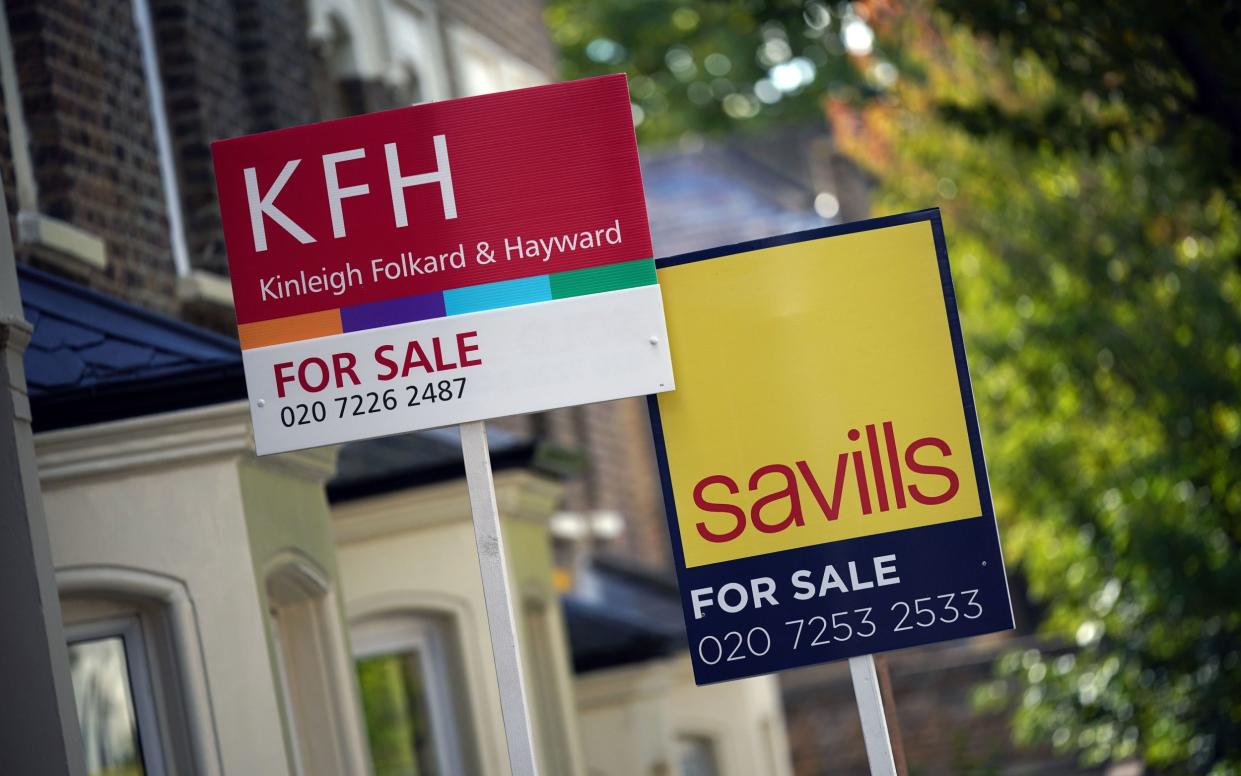Scrap stamp duty for downsizing boomers, says report

Older homeowners who opt to downsize to smaller properties should be spared stamp duty as part of the effort to reduce the UK’s housing crisis, according to new research.
Academics from the London School of Economics (LSE) and University of Sheffield said removing the levy would incentivise older homeowners to sell up and in turn boost the property market.
“Stamp Duty Land Tax can be changed easily and its impact, as seen during the pandemic holiday, can be enormously beneficial in overall economic terms, “ said Rt Hon. Lord Mandelson, former first secretary of state, in the report.
Lord Heseltine has also backed the recommendations. “It just requires a little creative thinking from the Treasury,” he said.
More than a quarter of homeowners now want to downsize in retirement – so they can live in smaller, more manageable properties and free up extra cash for basic spending needs and luxuries, according to wealth manager Hargreaves Lansdown.
However, 22pc say they have not been able to make this move because it is too expensive – and a further 13pc blamed the cost of stamp duty in particular.
An additional 12pc said they wouldn’t free up enough cash to make it worthwhile.
Stamp duty for house purchases is charged at 5pc for homes valued between £250,001 and £925,000. This doubles to 10pc for values between £925,001 to £1.5m and rises to 12pc for properties worth more than £1.5 million.
The cost puts older homeowners off moving from homes that may no longer suit their needs and creates a dearth of suitable properties for growing families to buy.
Many of the report’s suggestions focused on a more efficient use of existing housing stock in order to make ‘immediate’ gains.
In addition to changes to stamp duty, the report called for a review of greenbelt boundaries in order to free up land for house building, and changes to council tax bands so larger properties pay more to support social housing.
It also said that every planning authority should have an ‘up to date local plan’ with mandatory planning targets.
In 2017 almost three quarters of over-65s owned their home outright, up from 56pc in 1993. By contrast, half of people in their mid-30s to mid-40s had a mortgage in 2017, compared with two-thirds 20 years earlier, according to official data.
In its 2019 manifesto the Conservative government committed to building 300,000 new homes a year by the mid-2020s, but it is no longer forecast to hit the target.
Furthermore, a Levelling Up, Housing and Communities Committee found that the Government has failed to demonstrate how scrapping the mandatory figure will improve house building after the target was reclassified as advisory in December 2022.
According to the LSE research, the long running post-war increase in home ownership has also stalled while the private rented sector has doubled since the turn of the century.
In order to support would-be homeowners getting on to the housing ladder the authors suggest a ‘more targeted’ version of the Help to Buy scheme and an increase in shared ownership products.
First time buyers have faced significant hurdles to property ownership in recent years. Increased mortgage rates, combined with historically high house prices and wider economic cost pressures reducing the affordability of property.
Taking a look at the private rented sector the report notes that while house price growth has provided large capital gains for small scale individual landlords, the increase of tax on the group has diminished their returns and pushed up rents. It also highlights the loss of housing stock to short term letting companies such as AirBnbs.
There is also a focus on the report on the need for a greater understanding of the role property plays in the wider economy and how to design a more ‘coherent’ housing policy with closer cooperation between the Department for Housing, Levelling up and Communities and other areas of government.
“The focus should be on ensuring a more effective and distributionally acceptable use of the existing stock, and on addressing the impact of housing policies on investment, productivity and net zero requirements. Housing is an important part of the overall economy – it needs to be able to play its role,” the report concludes.

